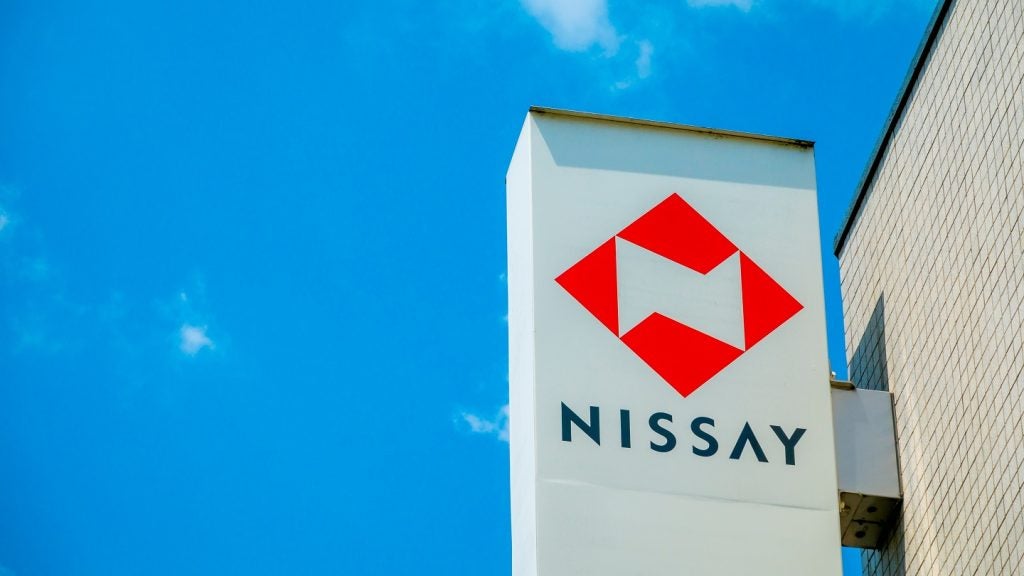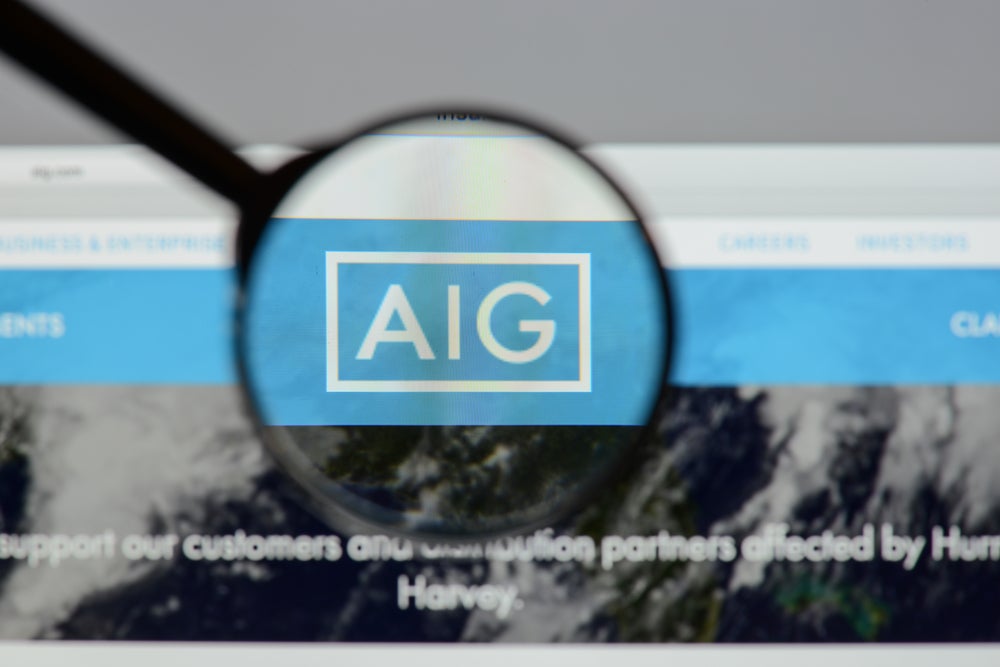China’s private health insurance market is expanding
rapidly, something Chinese insurer Ping An and South Africa’s
largest health insurer, Discovery, hope to exploit in a proposed
joint venture. In their sights is a potential market of over 80
million people.
With the forging of an alliance
between Ping An, China’s second-largest life insurer, and Discovery
Holdings, South Africa’s largest health insurer, the wheels have
been set in motion to create one of the more unique joint ventures
(JV) in China’s insurance market.
Under a proposed deal, Discovery will buy a
24.99 percent stake in Ping An’s wholly-owned health insurance
unit, Ping An Health Insurance (PAHI), for a consideration
Discovery disclosed is unlikely to exceed 5 percent of its own
market capitalisation. Discovery’s market capitalisation on 30
November 2009 of ZAR18.82 billion ($2.6 billion) indicates a price
of some $130 million.
Adrian Gore, Discovery’s CEO and founder,
said: “Ping An is an excellent partner. The group is a leader in
the Chinese insurance market, providing immediate scale, brand and
distribution capability.”
Ping An said Discovery’s unique experience in
operating in both developed and developing markets was a primary
attraction.
How well do you really know your competitors?
Access the most comprehensive Company Profiles on the market, powered by GlobalData. Save hours of research. Gain competitive edge.

Thank you!
Your download email will arrive shortly
Not ready to buy yet? Download a free sample
We are confident about the unique quality of our Company Profiles. However, we want you to make the most beneficial decision for your business, so we offer a free sample that you can download by submitting the below form
By GlobalDataDiscovery reported that, at 30 June 2009, it
covered 2.075 million people in South Africa and 172,203 in the UK
where it operates PruHealth, a JV in which UK insurer Prudential
has a 50 percent stake. Founded in October 2004, PruHealth is the
UK’s fifth-largest private health insurer based on market
share.
Massive growth potential
With the Ping An JV, Discovery is
looking to cash-in on the massive growth potential of China’s
nascent health insurance market, and over the past year has
assembled a team ready for deployment at PAHI.
Discovery believes driving growth in China are
two key factors: poor cover provided by the state Social Health
Insurance (SHI) system and a growing middle class.
SHI has, said Discovery, strict coverage caps,
with patients generally required to pay 50 percent to 60 percent of
medical costs themselves. The SHI system also offers inadequate
access to top-tier hospitals and health care facilities.
Discovery stressed that China’s government
recognises the system’s limitations and is encouraging private
insurance providers to play an active role in developing what it
termed a “multi-level health insurance system” in which private
health insurers play a key role.
There are limited licences in the private
health insurance market, with the result some 90 percent of health
insurance premiums are written by life insurers, noted
Discovery.
China’s private health market is already
growing rapidly, with data from Discovery showing that premium
income rocketed from about CNY19 billion ($2.6 billion) in 2003 to
about CNY55 billion in 2008.
Ping An has built a solid foundation in the
private health insurance market through its insurance businesses
and PAHI and commands a 30 percent market share, noted Gore.
Established in 2005, PAHI’s coverage is still
limited to Shanghai, Beijing and Guangzhou, where it focuses on
middle and upper income customers. Discovery estimates the cities
represent a total target market of 12 million people, while PAHI’s
total target market, given national coverage, is 83 million
people.
Flagging growth at home
Discovery’s entry into China comes
when progress in South Africa has slowed appreciably, compared to
the growth the company enjoyed after its launch in 1991. Membership
of Discovery health plans increased from 509,858 in June 1999
to1.446 million in June 2003, a CAGR of 29.8 percent. Over the next
three years to 2006, however, the pace slowed to a CAGR of 10.3
percent, while over the next two years to June 2009 membership rose
at a CAGR of 3.4 percent.
The slowdown also reflects an economy in
recession and Discovery’s high share of a market that the Council
for Medical Schemes (CMS) reports has 124 health insurance
providers. Based on the country’s total private health insurance
beneficiaries which the CMS puts at 7.1 million, Discovery has a
market share of almost 30 percent.
Discovery responded to the challenge of its
maturing health business by launching a number of new ventures,
including Discovery Life which is focused on risk-only products
such as life, disability and dread-disease insurance. Launched in
2000, Discovery Life has grown rapidly with new, annualised premium
income of ZAR1.92 billion reported in 2008-09, up 36 percent
compared with 2007-08. In 2008-09, Discovery Health reported new
premium income of ZAR3.04 billion, up 11 percent, and PruHealth
ZAR1.37 billion, up 5 percent.
In 2008-09 Discovery Life became Discovery’s
biggest profit centre by generating an operating profit of ZAR1.18
billion (up 20 percent). This was ahead of the ZAR1.03 billion (up
15 percent) generated by Discovery Health. Discovery reported a
ZAR103,000 loss from PruHealth in 2008-09, down from a ZAR155,000
loss in 2007-08.
A second JV with Prudential, PruProtect, was
launched in the UK in 2007. In 2008-09 Discovery reported
annualised premium income of ZAR60 million from PruProtect which,
in all key aspects, replicates Discovery Life’s strategy.
Despite its proven ability, Discovery failed
in the US where its Destiny Health unit, after seven years of
losses totalling $146 million, was placed into run-off in
early-2008. Destiny had 60,000 policyholders at its peak. In China,
Discovery will be doing battle for market share with the backing of
heavyweight partner, something sorely missing in its US
venture.








